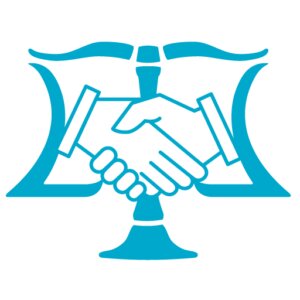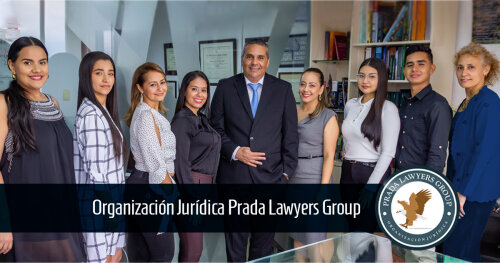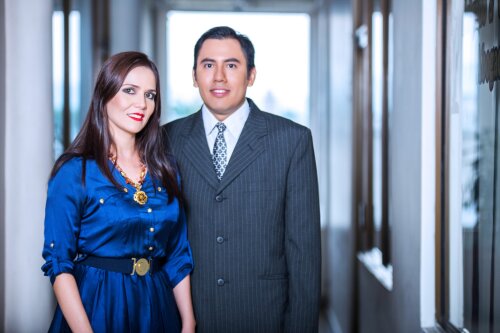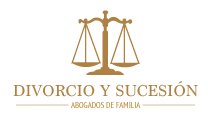Best Collaborative Law Lawyers in Bucaramanga
Share your needs with us, get contacted by law firms.
Free. Takes 2 min.
Free Guide to Hiring a Family Lawyer
List of the best lawyers in Bucaramanga, Colombia
About Collaborative Law in Bucaramanga, Colombia
Collaborative Law is an innovative approach to resolving legal disputes, especially in matters like family law, without turning to traditional litigation. In Bucaramanga, Colombia, Collaborative Law is gaining recognition as an effective and amicable way for parties to resolve disagreements with the help of trained professionals. The process brings together both parties and their collaborative lawyers to negotiate solutions cooperatively, aiming to protect relationships and reach fair agreements without the stress and cost associated with court battles.
Why You May Need a Lawyer
Many individuals in Bucaramanga seek the assistance of a lawyer experienced in Collaborative Law for various reasons. Common situations include divorce or separation, child custody and visitation arrangements, division of property or assets, spousal or child support negotiations, and even business partnership disputes. The collaborative process allows both sides to work constructively, ensuring each party's rights are respected while reaching mutually acceptable solutions. If you wish to settle your legal issues privately and avoid the adversarial nature of courts, a Collaborative Law lawyer can provide guidance and support throughout the process.
Local Laws Overview
In Colombia, the use of Collaborative Law is encouraged by judicial reforms that promote alternative dispute resolution methods. Bucaramanga, following national legal trends, recognizes Collaborative Law as an effective tool for addressing family, civil, and commercial disputes. Key aspects relevant to Collaborative Law include:
- Confidentiality: All discussions remain private and cannot be used in court if the process fails.
- Voluntary Participation: All parties must agree to participate in the collaborative process.
- Collaborative Professionals: Lawyers and sometimes other professionals, such as financial advisors or child specialists, are specially trained in collaborative techniques.
- Legal Agreements: If successful, the outcome is formalized into a binding legal agreement.
- Withdraw Clause: If negotiations break down and litigation is needed, the collaborative lawyers must withdraw, ensuring everyone is committed to settling outside court.
Frequently Asked Questions
What is Collaborative Law?
Collaborative Law is a legal process where parties involved in a dispute work together, with the help of their lawyers, to reach an agreement without going to court.
What types of cases are suitable for Collaborative Law?
It is most commonly used for family law disputes such as divorce, child custody, or asset division, but it can also apply to civil and commercial matters.
How is Collaborative Law different from mediation?
In Collaborative Law, each party has their own legal representative devoted to cooperation, while mediation involves a neutral third party who facilitates but does not represent either side.
What happens if an agreement cannot be reached?
If parties cannot reach an agreement, the collaborative process ends and new lawyers must be retained for any future litigation.
Is participation in Collaborative Law confidential?
Yes, discussions and documents shared during the collaborative process remain confidential and cannot be used in court.
Are the decisions made in Collaborative Law legally binding?
Yes, once the parties reach an agreement, it is formalized in a contract or petition submitted for court approval, making it legally enforceable.
Do I need a specially trained lawyer for Collaborative Law in Bucaramanga?
Yes, it is recommended to work with a lawyer who has specific training and experience in Collaborative Law techniques.
How long does the Collaborative Law process take?
The timeline varies depending on the complexity of the dispute, but collaborative cases are typically resolved faster than traditional litigation.
Can the Collaborative Law approach save me money?
Often it does, as it avoids lengthy court processes and the associated legal fees and costs.
What should I expect during the Collaborative Law process in Bucaramanga?
You can expect a series of structured meetings where all parties and their lawyers work cooperatively, with a focus on open communication, problem solving, and reaching a mutually beneficial agreement.
Additional Resources
If you are interested in learning more about Collaborative Law in Bucaramanga, several local and national resources can help:
- Santander Bar Association (Colegio de Abogados de Santander)
- Centro de Conciliación y Arbitraje Cámara de Comercio de Bucaramanga
- Juzgados de Familia Bucaramanga
- Colombian Ministry of Justice (Ministerio de Justicia y del Derecho) - resources on Alternative Dispute Resolution
- University Legal Aid Clinics (Consultorios Jurídicos Universitarios)
Next Steps
If you believe Collaborative Law may be right for your situation in Bucaramanga, the following steps can help you get started:
- Consult with a lawyer trained in Collaborative Law to discuss your case and eligibility for the process.
- Gather any relevant documents and information about your dispute to facilitate effective discussions.
- Work with your lawyer to invite the other party to engage in collaborative discussions.
- Engage in open communication and be willing to negotiate in good faith.
- Formalize any agreement reached with the assistance of your lawyers and, if necessary, submit it for court approval.
Taking these steps can contribute to a smoother, more harmonious resolution of your legal concerns while avoiding the adversarial nature of traditional litigation. If you need further guidance, contacting a local professional specializing in Collaborative Law is highly recommended.
Lawzana helps you find the best lawyers and law firms in Bucaramanga through a curated and pre-screened list of qualified legal professionals. Our platform offers rankings and detailed profiles of attorneys and law firms, allowing you to compare based on practice areas, including Collaborative Law, experience, and client feedback.
Each profile includes a description of the firm's areas of practice, client reviews, team members and partners, year of establishment, spoken languages, office locations, contact information, social media presence, and any published articles or resources. Most firms on our platform speak English and are experienced in both local and international legal matters.
Get a quote from top-rated law firms in Bucaramanga, Colombia — quickly, securely, and without unnecessary hassle.
Disclaimer:
The information provided on this page is for general informational purposes only and does not constitute legal advice. While we strive to ensure the accuracy and relevance of the content, legal information may change over time, and interpretations of the law can vary. You should always consult with a qualified legal professional for advice specific to your situation.
We disclaim all liability for actions taken or not taken based on the content of this page. If you believe any information is incorrect or outdated, please contact us, and we will review and update it where appropriate.















